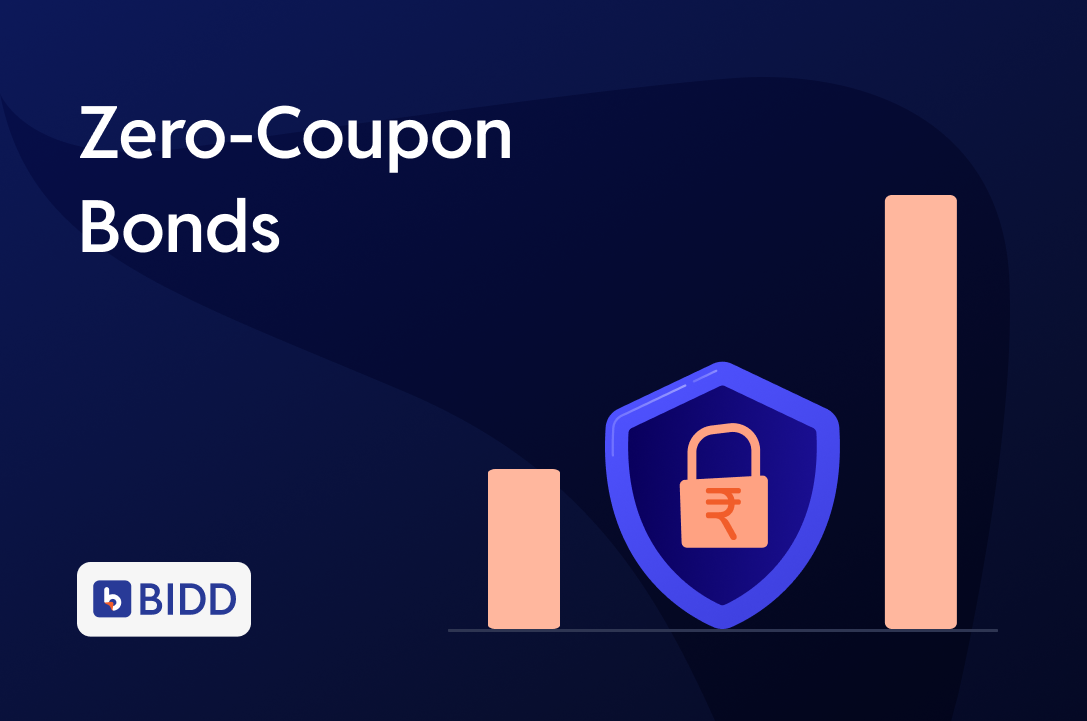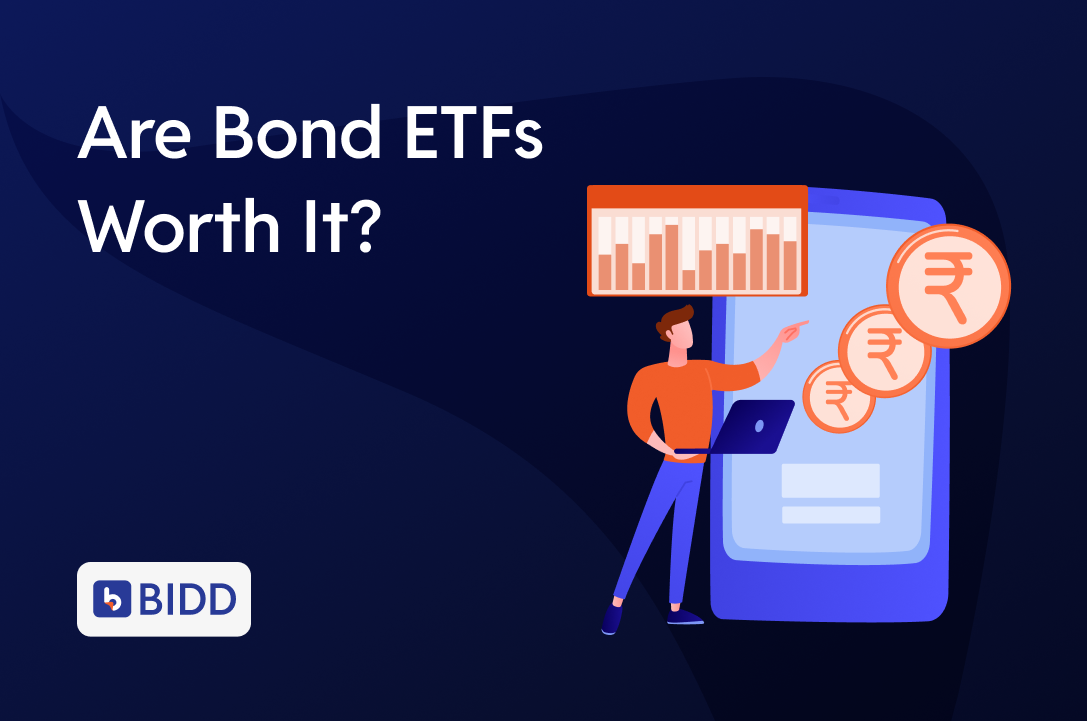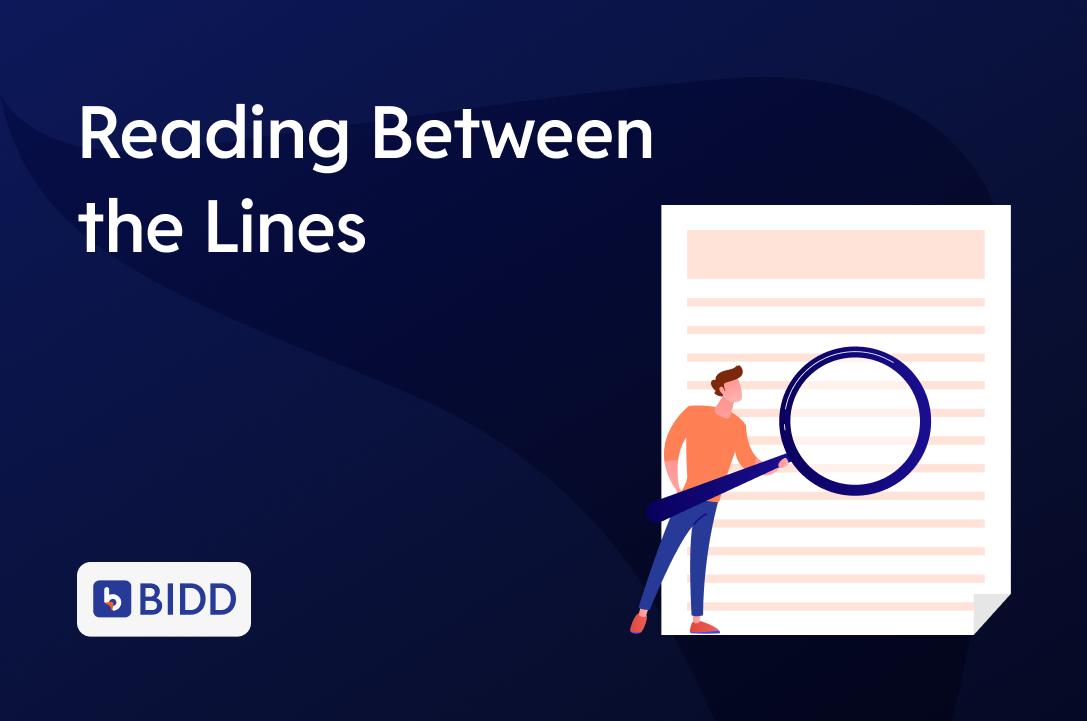How Getting Nothing Today Could Mean More Tomorrow
Let’s Start with a Quick Question:
Imagine this:
You invest in a bond.
It pays no interest.
No monthly income. No annual coupons.
Sounds like a bad deal, right?
Now fast forward a few years —
You receive a lump sum that’s significantly more than what you put in.
How?
Welcome to the world of zero-coupon bonds — where delayed gratification pays off.
What Is a Zero-Coupon Bond?
As the name suggests:
- No periodic interest (zero coupon)
- Purchased at a discount to face value
- Redeemed at full face value on maturity
Think of it this way:
You invest ₹7,000 today →
You receive ₹10,000 after 5 years →
That ₹3,000 difference is your return.
No annual payouts. Just a silent build-up of value.
So… There’s No Income?
Correct.
You don’t receive any money during the term.
But the bond grows in value over time.
It’s like planting a seed and waiting.
You don’t see it grow every day — but eventually, you harvest the full reward.
Why Would Anyone Buy This?
Three strong reasons:
1. Predictable Returns
You know exactly how much you’ll get and when.
No reinvestment risk. No surprises.
2. Goal-Based Investing
Ideal for long-term goals — child’s education, home down payment, wedding fund, retirement corpus.
3. Tax Deferral
Since there are no annual interest payments, there’s no yearly tax outflow.
Tax applies only at maturity (depending on the bond and its structure).
But What’s the Catch?
Zero-coupon bonds are powerful — but not for everyone. Watch out for:
- No Cash Flow
You won’t receive a rupee until maturity. If you need liquidity mid-way, you’ll have to sell in the market. - Interest Rate Sensitivity
These bonds are more sensitive to changes in market interest rates. If rates rise, their prices drop more steeply than regular bonds. - Liquidity Risk
Not all zero-coupon bonds are actively traded. If you want to exit early, pricing can be challenging.
Real-Life Comparison
| Bond Type | Zero-Coupon Bond | Regular Coupon Bond |
| Purchase Price | ₹6,500 | ₹10,000 |
| Maturity Value | ₹10,000 | ₹10,000 + ₹900/year |
| Income Flow | None until maturity | ₹900/year |
| Tax Efficiency | Tax only at maturity | Annual interest taxable |
| Use Case | Long-term goals, deferred income | Regular income needs |
Where Do You Find These?
Zero-coupon bonds are issued by:
- Government (e.g., RBI’s Zero-Coupon G-Secs)
- Public Sector Undertakings
- Corporates (in private placements or structured deals)
They may not always be listed, but platforms like Bidd help discover such bonds in the secondary market.
How to Evaluate a Zero-Coupon Bond?
Ask yourself:
- What’s the discounted price today?
- What’s the maturity value and duration?
- Who is the issuer — Government, PSU, or Private?
- Is there liquidity if I need to exit?
- What is the Yield to Maturity (YTM) — your true annualized return?
Quick Recap: Zero-Coupon Bonds
| Feature | What It Means |
| No Interest | No payouts during the tenure |
| Bought at Discount | Lower purchase price than maturity value |
| Lump Sum Payout | Ideal for long-term financial goals |
| Tax Efficient | No annual tax on income |
| Liquidity Risk | May be hard to sell before maturity |
Final Thoughts
Zero-coupon bonds don’t give you cash flow today.
But they reward you with a clear, fixed return at the end — making them ideal for goal-based, disciplined investors.
Before you invest, ask:
- Do I need regular income or a future lump sum?
- Can I commit to holding till maturity?
- Is the return worth the wait?
Because in bond investing, sometimes silence grows the loudest returns.
Be the investor who sees value in patience.
Disclaimer: This blog is intended solely for educational and informational purposes. It should not be construed as investment advice, a recommendation, or an offer to buy or sell any financial products. Please consult a registered financial advisor before making any investment decisions.




